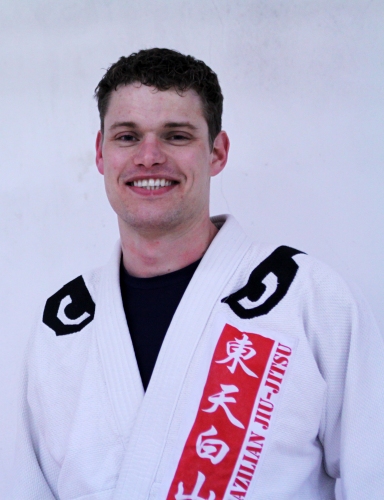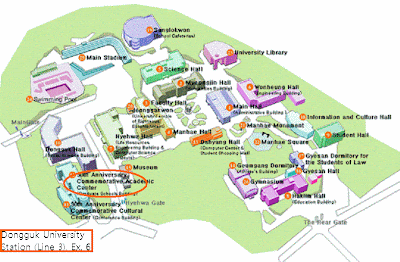Introducing:
Thick Dumpling Skin
Now, I am not an Asian-American (obviously). However, I am an American woman who has spent a fair bit of time in Asian countries surrounded by Asian ideals of female beauty. I have also had my fair share of body image issues. So, while I may not be able to relate 100% to these beautiful ladies, Lynn Chen and Lisa Lee, I understand where they’re coming from and as a woman I appreciate what they’re doing to bring down negative body image.
The one thing I got so tired of hearing while abroad in both Japan and Korea came from women who I thought to be the epitome of slender gorgeousness. “I need to lose weight.” “I’m very chubby.”
As a heftier white gal in that situation I was quick to get annoyed.
For years I idolized the Asian concept of beauty. I yearned to be that small, that petite, that ‘feminine’. It was impossible for me, of course. I’m not a petite woman. I’m not short, and I’ve certainly never seen the scale speak to me at anything below 135lbs (61kg). I currently balance out at a (muscular if I do say so myself) healthy 145 (65kg).
I incorrectly assumed that the majority of Asian women were all enjoying these attributes that I couldn’t boast.
When I first went abroad to Japan I felt like an Amazon. Size 10 shoe (impossible to find in any shoe store), size 12 pants (I had to move up to super sizes and couldn’t shop for pants in department stores), and a 75kg (165) scale reading screaming at me every morning.
It certainly altered my already skewed image of myself.
I was always too miserable with my body to try to understand where my Asian girlfriends were coming from when they complained about their own bodies. They got no sympathy from me. I feel sorry now for not supporting them the way I wanted to be supported.
Over the years I managed to shed a few lbs, and slowly start seeing myself in a healthier light.
A trip back to Korea got me back in the dumps again with how I felt about my body.
Every time I flicked on the television while in Korea I was bombarded with starlets and pop-stars who looked as though they didn’t even have room for all the necessary organs in their bodies. In the beginning (back when I was a teen) I believed that this was just the norm for Asian girls. They were naturally skinny. End of story.
After a few months in Korea I slowly began to see how impossible these images of ‘beauty’ in Asia really were, I got less annoyed when one of my Korean friends mentioned their thighs, or pinched their cheeks and called themselves chubby. Instead of rolling my eyes at them, I started to do what I was so lucky to have people do with me. I listened.
I actually feel really blessed, when I look back and consider the environment that I was in when my self body image was so abysmal.
My parents never called me fat, they never commented on my weight. Even when I was at my heaviest they always told me that I looked fine, and that I was a beautiful girl. Even my brothers who were and are both in incredible physical shape never told me I was chubby.
When it comes to the big picture, I had loving people to support me through the rough spots. I want to be that kind of loving person to my friends when they find themselves looking in the mirror and not seeing something they like.
Instead of rolling my eyes or comparing flaws, I do what I do when I look at my own image in the mirror. I say something positive.
Do I still get annoyed when an Asian friend of mine says something about her size? Okay, I can’t lie. Yes. In my eyes they are still gorgeous. I can’t help myself. But, I’m slowly beginning to see where they’re coming from, what they’re up against, and how much support they’re lacking. The support that I always had.
No matter ethnicity, we are all women. The majority of us face those times when we don’t like what we see in the mirror. We’ve experienced being a slave to other people’s opinions of us. We are all affected by the media ideal of beauty, and we want nothing more than to be happy. Happy with our lives, happy with ourselves.
I am ecstatic to see “Thick Dumpling Skin”, because I see women coming together to support each other in the effort to abolish negative self-images, and to create a support system for those struggling with finding joy in themselves.
Reading their blog has helped me, even though I am not an Asian woman, understand some of the feelings I’ve had in my life. I realize that, in all actuality, I’ve never been alone. Skinny people saying that they’re fat have never exclusively surrounded me. Instead, I’ve been surrounded by sisters experiencing the same issues, the same battles, and the same triumphs that I have dealt with, and am dealing with now.
I hope that some of you girls reading this, despite race or nationality, will be able to find encouragement in “Thick Dumpling Skin” just as I did.
Please check it out, and enjoy muchly.
Until next blog,
~A.














Recent comments